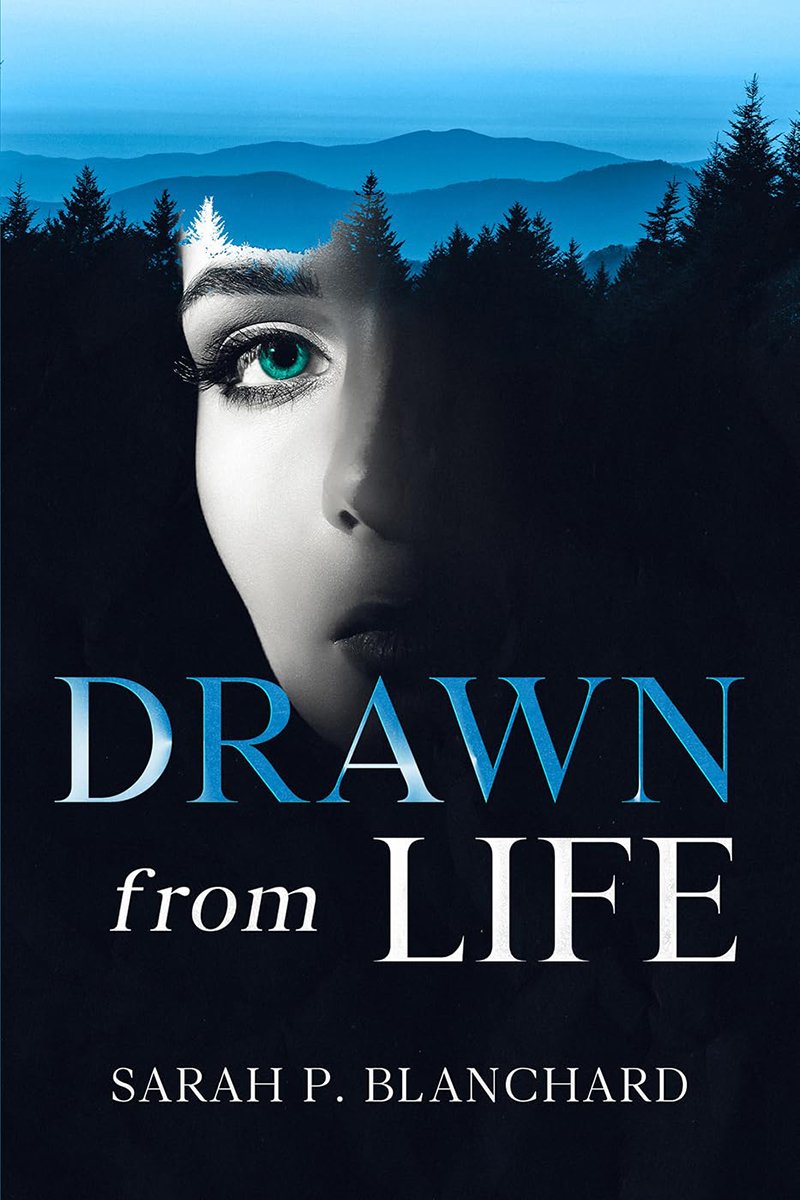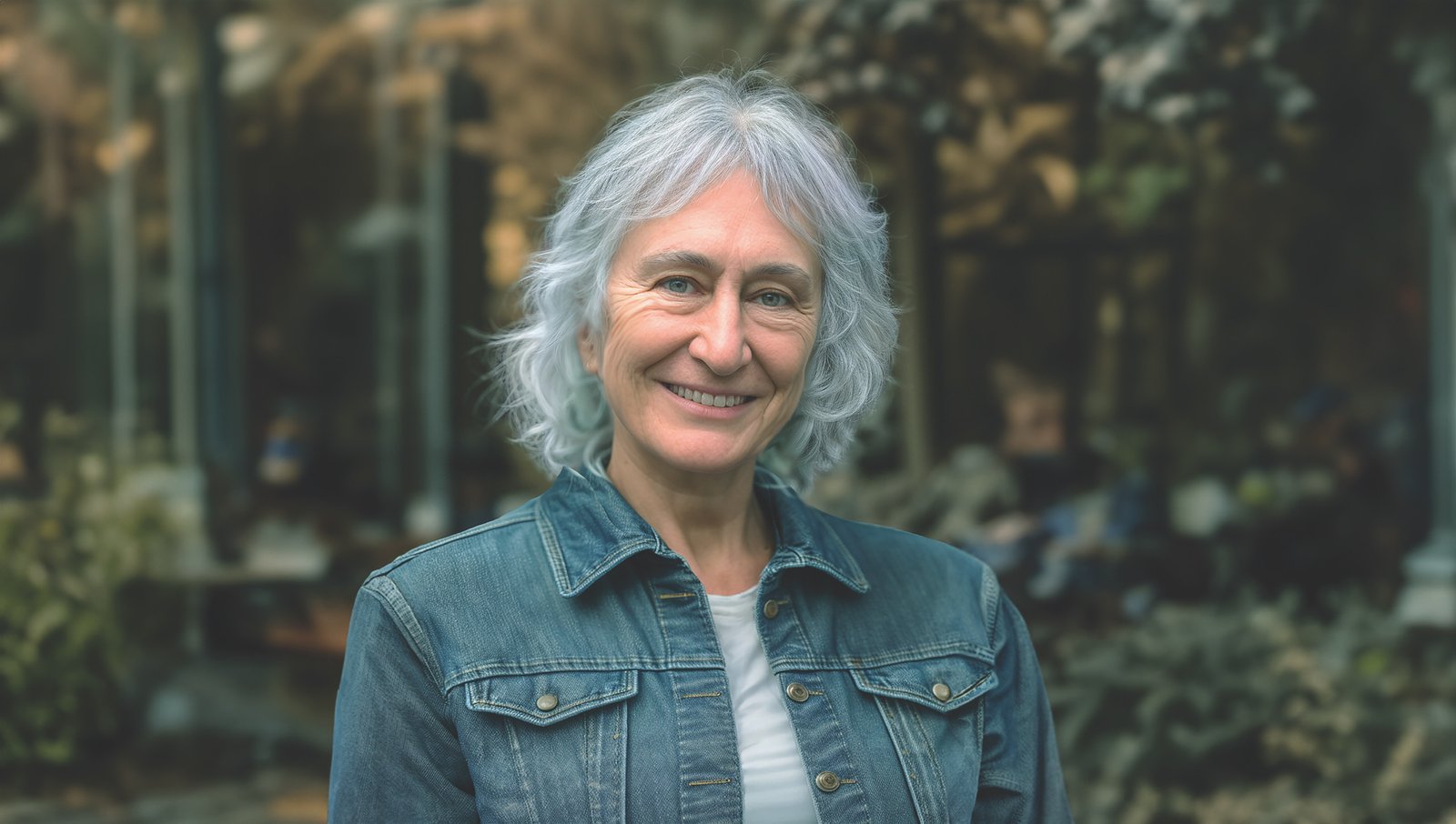Exploring Moral Conflict And Human Nature
Sarah P. Blanchard discusses her award-winning novel Drawn From Life, her creative process, poetic inspirations, and the diverse experiences shaping her heartfelt exploration of human conflict and resilience.
It is a rare delight to introduce an author whose creative depth and literary achievements command admiration and respect, and Sarah P. Blanchard is undoubtedly one such writer. A storyteller with remarkable insight into the complexities of the human experience, Sarah has woven a tapestry of compelling narratives that have earned her accolades and a devoted readership. With an academic foundation in English and Marketing from esteemed institutions and an expansive career that spans continents, she brings a world of experience to her work. Whether teaching at the University of Hawai’i-Hilo, founding the Wolf Den Writers’ Group in Connecticut, or leading fiction workshops across regions, Sarah’s contributions to the literary sphere are both inspiring and invaluable.
Her debut novel Drawn from Life stands as a testament to her narrative prowess and emotional acuity. Lauded with awards such as the 2025 Independent Press Award silver medal and recognition from the American Fiction Award and Readers’ Favourite, it delves into themes of guilt, forgiveness, and resilience. Emma, the protagonist, has already captivated the hearts of readers as she confronts a past shadowed by tragedy and finds strength in unexpected places. Sarah’s choice of title encapsulates vulnerability and courage, perfectly reflecting the novel’s depth. Moreover, her upcoming crime novel GRABTOWN, set to release in mid-2025, promises a riveting exploration of justice and courage, further cementing her place in the pantheon of literary greats.
Sarah’s storytelling is enriched by her extraordinary life experiences—from the rolling landscapes of New England to the volcanic terrains of Hawai’i and the rugged charm of North Carolina. Her works are infused with a deep connection to the natural world, which she aptly describes as a character in its own right. Her literary repertoire extends beyond novels to short stories, poetry, and equestrian books, each showcasing her versatility and boundless creativity. Stories such as “Playing Chess with Bulls,” a finalist for the Doris Betts Fiction Prize, and her poetry chapbook river, horse, morning reveal her ability to traverse genres with finesse, offering readers unique glimpses into the human soul.
“Sarah P. Blanchard masterfully crafts stories that explore human nature with profound insight, empathy, originality, and emotional depth.“
As she shares insights into her creative process and the inspirations behind her work, it becomes clear that Sarah P. Blanchard’s narratives spring from a place of profound empathy and a quest to illuminate the intricacies of human nature. It is an honour to present this interview with an author whose voice resonates so powerfully in contemporary literature.
What inspired you to explore themes of conflicted individuals and difficult decisions in your writing?
I’ve always been interested in understanding how ordinary individuals cope with moral injury, the harm that occurs when they don’t—or can’t—adhere to their ethical compass, and what transpires when they encounter someone who lacks such a compass. In my writing, I strive to frame those internal and external conflicts with compassion, courage, and humor to create stories that resonate with readers seeking a deeper understanding of human nature.
Where did you get the idea for your novel Drawn from Life?
During high school, a friend recounted a story from his childhood. His mother intended to pick him up after classes, but he was late leaving the school. While she circled the block looking for him, another car collided with hers, resulting in a horrific accident that left her permanently disabled. She blamed him for the circumstances that put her in a wheelchair. The terrible injustice of her blame stuck with me.
In Drawn from Life, I wanted to introduce readers to a good person struggling with the shame of an accidental killer. That character is Emma, my protagonist. To write Emma’s story, I needed to figure out what it would take to shake her from her misplaced guilt. I needed a worthy antagonist so I created her greedy, volatile cousin Lucy.
How did you come up with the title for Drawn from Life?
I decided Emma should expose her vulnerability in a very visible, visceral way—something unexpected for a mousy bookkeeper—without using common tropes of self-abuse or self-harm. What could be more visible and vulnerable than posing nude for figure-study classes in an art studio? At that point, the title announced itself.
“I’ve always been interested in understanding how ordinary individuals cope with moral injury and the challenges of ethical dilemmas.”
– Sarah P. Blanchard
Can you share the creative process behind Drawn from Life and its psychological depth?
I’ve always been drawn toward flawed, compassionate characters who believe they must battle their demons alone, and complex antagonists who feel they have nothing to lose. In Drawn from Life, I created a superficially successful but troubled family, added the unbalanced relationship between the cousins, and introduced a cast of characters (artist friends, an orphan, a handsome Hawaiian detective, a loyal dog) to help solve the mystery of Emma’s past. The actual writing process took four years and wandered down many paths before a proficient editor helped me return to the heart of the story: a young woman’s quest to learn the truth, confront the dangers she faces, and find the courage she needs to survive. My newest novel, GRABTOWN, will explore themes of justice, revenge, and courage, set within a traditional murder-mystery framework featuring a 1980s cold case cross-cut with a present-day murder. GRABTOWN is set for release in mid-2025.
How has your experience living in different regions like New England, Hawai’i, and North Carolina influenced your storytelling?
Geography and culture shape us from birth. In every place I’ve lived, I paid close attention to the connections between people and their landscapes. I think of settings as characters in their own right rather than mere locations. Being a farm girl at heart, I’ve always given the natural world a significant role in my writing. For example, I set the short story “Reading the Cards” in rural North Carolina because elements of that landscape (a diner, a weedy parking lot, a single-wide trailer) speak directly to the precarious, hardscrabble lives of the characters.
What was the inspiration behind the title story of your short-story collection Playing Chess with Bulls,and how did it evolve into a finalist for the Doris Betts Fiction Prize?
Several years ago, a young friend told me she wanted to ride bucking bulls in the rodeos. When I asked why, she couldn’t give a clear answer. I wanted to explore the reasons why someone would be attracted to the dangerous sport of bull-riding—whether it’s thrill-seeking, attention-grabbing, or something darker. From that idea, the story quickly developed into a first-person narrative of how hard it can be to rescue our loved ones. Given the rural North Carolina setting, it seemed fitting for the Doris Betts competition, which is based in that state.
How does your approach to writing poetry differ from your approach to fiction, as seen in your chapbook river, horse, morning?
I view poetry as a journey into ideas and emotions, which I might later incorporate into my fiction. I appreciate poetry’s precision; the intense focus on each word’s meaning and sound, the lines, punctuation, and spacing on each page. When I am stuck on a piece of fiction, I engage with poetry to clarify my thoughts and narrow my focus. Occasionally, a paragraph or two culled from a piece of fiction is reborn as a piece of poetry. The poem “ecstasy, a small dog” is one example of this repurposing.
Poetry can be easier than fiction to craft on the fly or in small spaces. In the summer of 2024, my husband and I lived for three months in a small travel trailer parked at a campground. Setting up my laptop daily to work on a novel became challenging so I turned to poetry, which requires only a pen and a small notebook. By the end of the summer, I had a chapbook’s worth of poems and the beginnings of several short stories. Fortunately, we’re out of the trailer now and my novel GRABTOWN will be completed soon.
EDITOR’S CHOICE
Drawn from Life captivates with its rich characterisation, gripping suspense, and heartfelt exploration of memory, trauma, and resilience.
Coming soon



